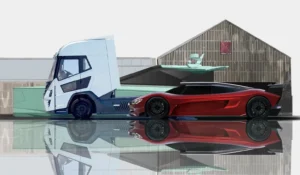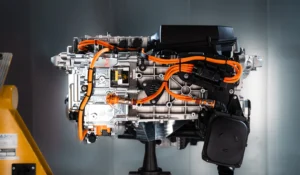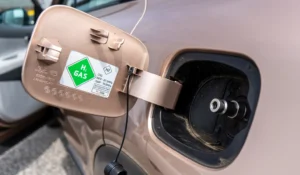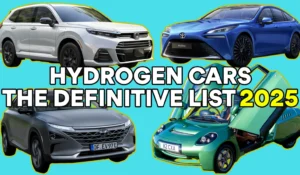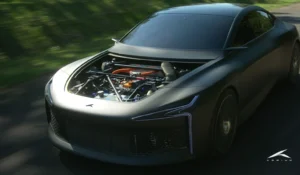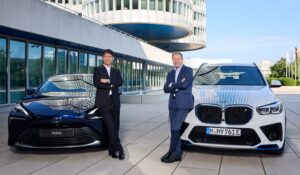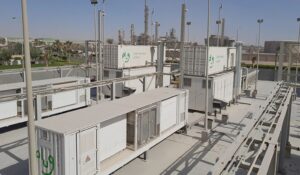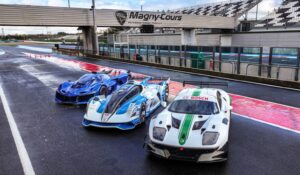‘Waste2Race’ project: The hydrogen-powered car fuelled by sewage
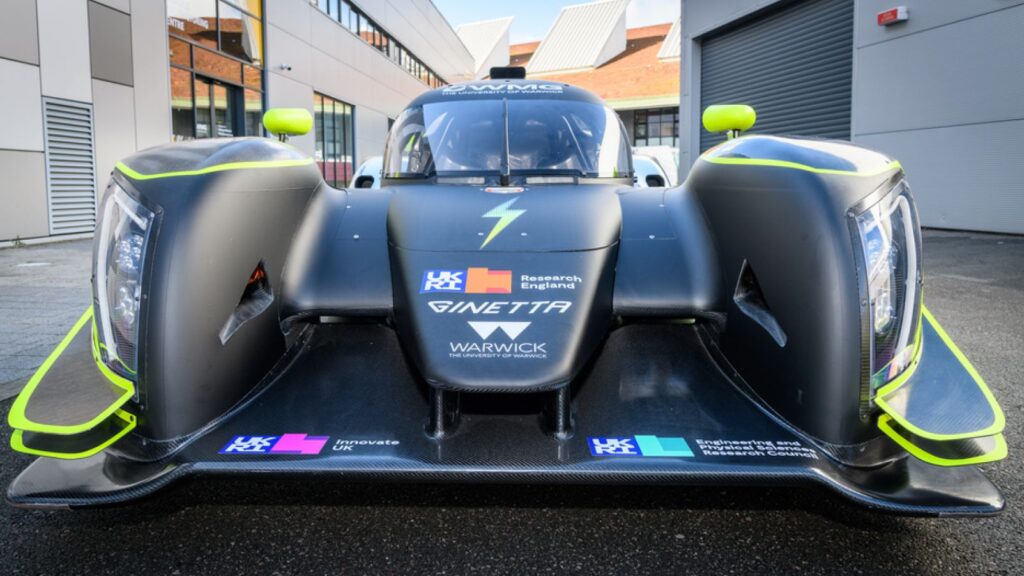
A project named Waste2Race at the University of Warwick, led by students and engineers at the WMG department, is developing a hydrogen-powered car fuelled by sewage.
The hydrogen used to power the car comes from Wastewater Fuels’ water treatment technology that treats any wastewater and turns it into a hydrogen gas.
Hoping to smash the speed record for a hydrogen-fuelled car, the team at the university is working hard to complete the Waste2Race project by 2025.
Recently, manufacturers such as Alpine and Toyota have also been exploring hydrogen as a fuel for their racing cars as BMW just announced their plans for its first hydrogen car on sale from 2028.
Warwick’s Deputy Pro-Vice Chancellor (Research), Professor Kerry Kirwan, explained: “Fifteen years ago we built the WorldF3rst racing car that showed that high performance and sustainability could be achieved together.
“The Waste2Race platform builds on that pedigree and brings it firmly into today’s arena.
“This sort of collaboration with our local, regional and national partners is a great example of how business, universities and the endless curiosity of our researchers and students, can break barriers and push the boundaries of what’s possible.
“We’re incredibly proud of the ingenuity of the whole team and wish them all the best of luck in their land speed record attempt.”
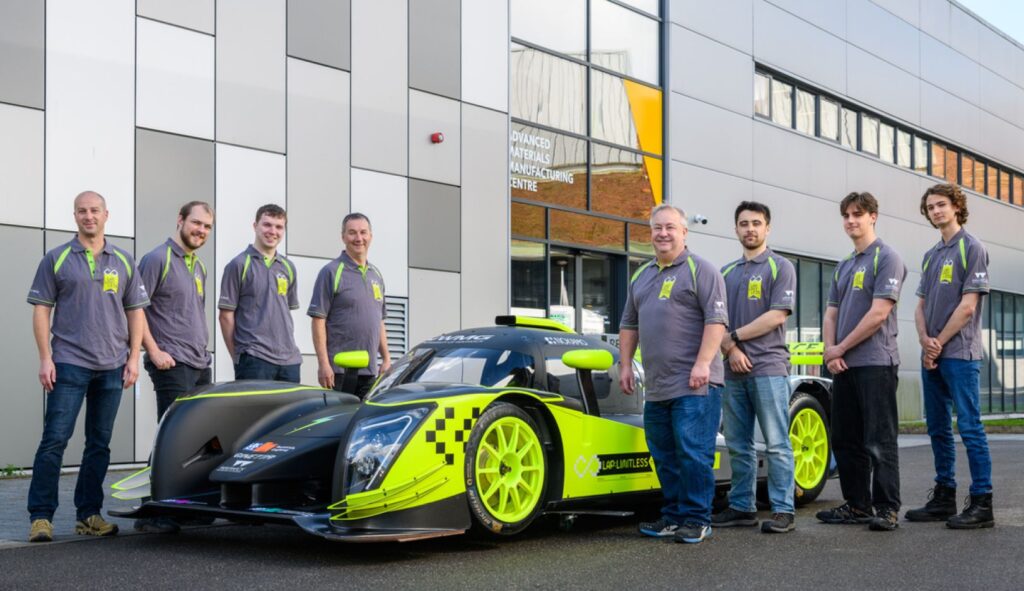
Sustainable materials
Ginetta, the supercar builders from Leeds have built the Waste2Race Le Mans Prototype class 3 car (LMP3), sourcing some of the car parts from sustainable materials including a wing mirror from beetroot waste.
The steering wheel was made from a hundred per cent biosource materials and the car battery was recovered from a crashed vehicle.
With the chassis completed, the next target has been to develop a sustainable powertrain as the team works on converting a supercharged V6 engine to run on hydrogen.
They have fitted bespoke injectors, hub-motors which include recycled magnets on the front wheels and have enabled energy recovered from braking to be stored in the battery.
As much as the project aims to break speed records for a hydrogen-fuelled car, researchers at WMG will also use Life Cycle Assessment analysis to ensure the car leads the sustainability race as well.
Exciting project
The hydrogen produced by Wastewater Fuels is being trialled at Severn Trent Water and the Head of Asset Intelligence & Innovation at Severn Trent Water, Richard Walwyn, said: “Severn Trent is proud to be supporting Wastewater Fuels with the development of the technology to fuel this exciting project.
“We have a firm commitment to support technologies that have positive impacts on our environment, from reducing the process emissions at our sites, to developing the circular economy in our region and helping partners like the University of Warwick to realise potentially game-changing new technologies like this.”
Future net zero economy
Dr Daniel Carlotta-Jones (EngD), Chief Engineer at Wastewater Fuels said: “Recovering value from waste streams is going to be an essential part of any future net zero economy.
“One of the most important areas to target are wastewaters – something that is constantly being produced by society, industry and agriculture. Chemicals, energy and fuels can be recovered, the latter being what we are focused on producing with our Microbial Electrolysis Cells at Wastewater Fuels.
“Teaming up with WMG with the Waste2Race car project shows conceptually how we can process our waste streams in better ways that can deliver value for everyone.”

